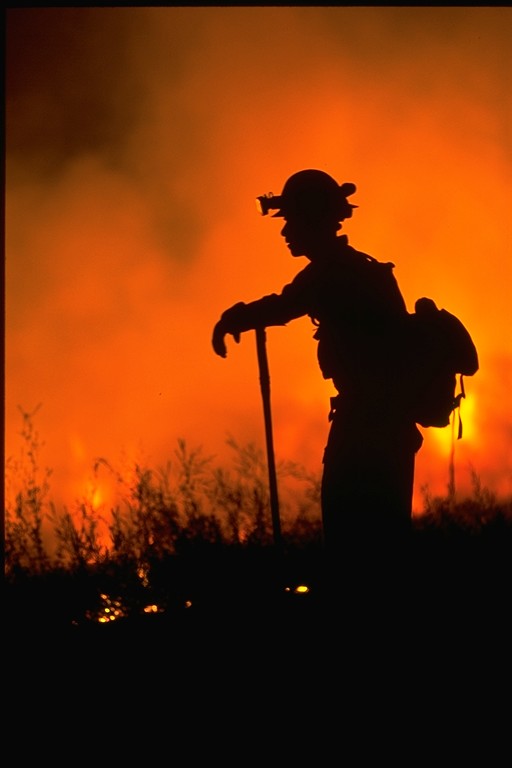Unhealthy forests and climate change played a significant role in this year’s wildfires, but state lawmakers can help prevent the catastrophic damage and devastation from future massive wildfires, according to an opinion piece authored by leaders representing private forestland owners, the state Department of Natural Resources (DNR) and an environmental organization.
In an op-ed penned by Washington Forest Protection Association executive director Mark Doumit, Commissioner of Public Lands Hilary Franz and The Nature Conservancy in Washington director Mike Stevens, the three urged lawmakers to provide consistent, dedicated funding to implement the DNR Wildland Fire Protection 10-Year Strategic Plan and 20-Year Forest Health Strategic Plan.
The authors praised the Washington State Legislature for making early investments to improve forest health and reduce forest fuel loads in past legislative sessions. But more is needed to address wildfires that are becoming more common on both sides of the Cascades. Doumit, Franz and Stevens also noted that the “scale of the problem is immense” and recent years of destructive wildfires that blaze over hundreds of thousands of acres are no longer outliers.
On the contrary, the state faces “a troubling reality” that “this fire season isn’t a once-in-a-lifetime occurrence. It is part of a worsening pattern brought on by unhealthy forests — tinder for megafires — and a changing climate that leads to longer fire seasons and drier landscapes. In central and eastern Washington alone, we have more than 2.7 million acres in need of forest restoration treatment.”
The op-ed authors proposed “more investments at the local and state level, from helicopters and engines to firefighters. We must accelerate forest restoration work, thinning our forests, removing dead and diseased trees and increasing prescribed burns that reduce fuels. And we must help communities throughout Washington take preparedness measures, building defensible space around homes and neighborhoods before fires strike.”
Investing in well-managed forests provide multiple benefits, the op-ed added. Managing forests will help ensure healthier, resilient forests that are more resistant to large-scale wildfires. A less severe wildfire season means improved air quality and safety for the state, cost savings for the state and taxpayers, reduced risk for wildland firefighters, and decreased likelihood of wildlife damage to private and public property as well as timber and agriculture economies.
Investing in and prioritizing forest health work also can create economic opportunities and “help our economy recover by creating jobs” that support innovative endeavors throughout the state. Washington state has two cross-laminated timber facilities that can convert smaller diameter and even dead or diseased trees into mass timber wood panels “large and strong enough to build high-rises.”
The op-ed concluded that collaboration among state agencies, the forestry sector, tribes and environmental partners is vital to reducing the severity of wildfires and taking meaningful steps toward improving forest health. The alternative – Doumit, Franz and Stevens suggest – is more of what we saw in recent months, writing: “For those of us who have been on fire lines too many times, we know what our future looks like if we don’t.”
